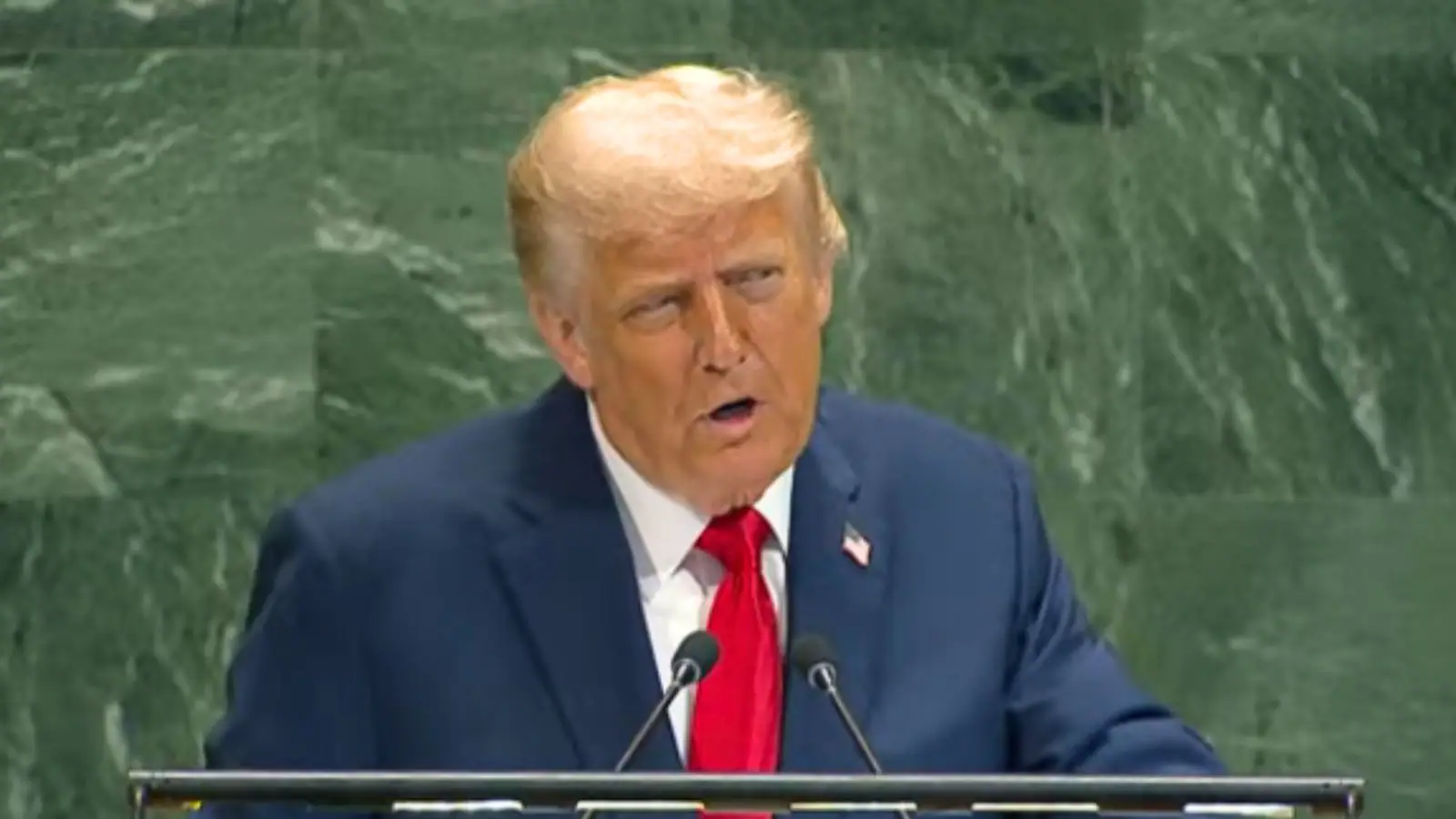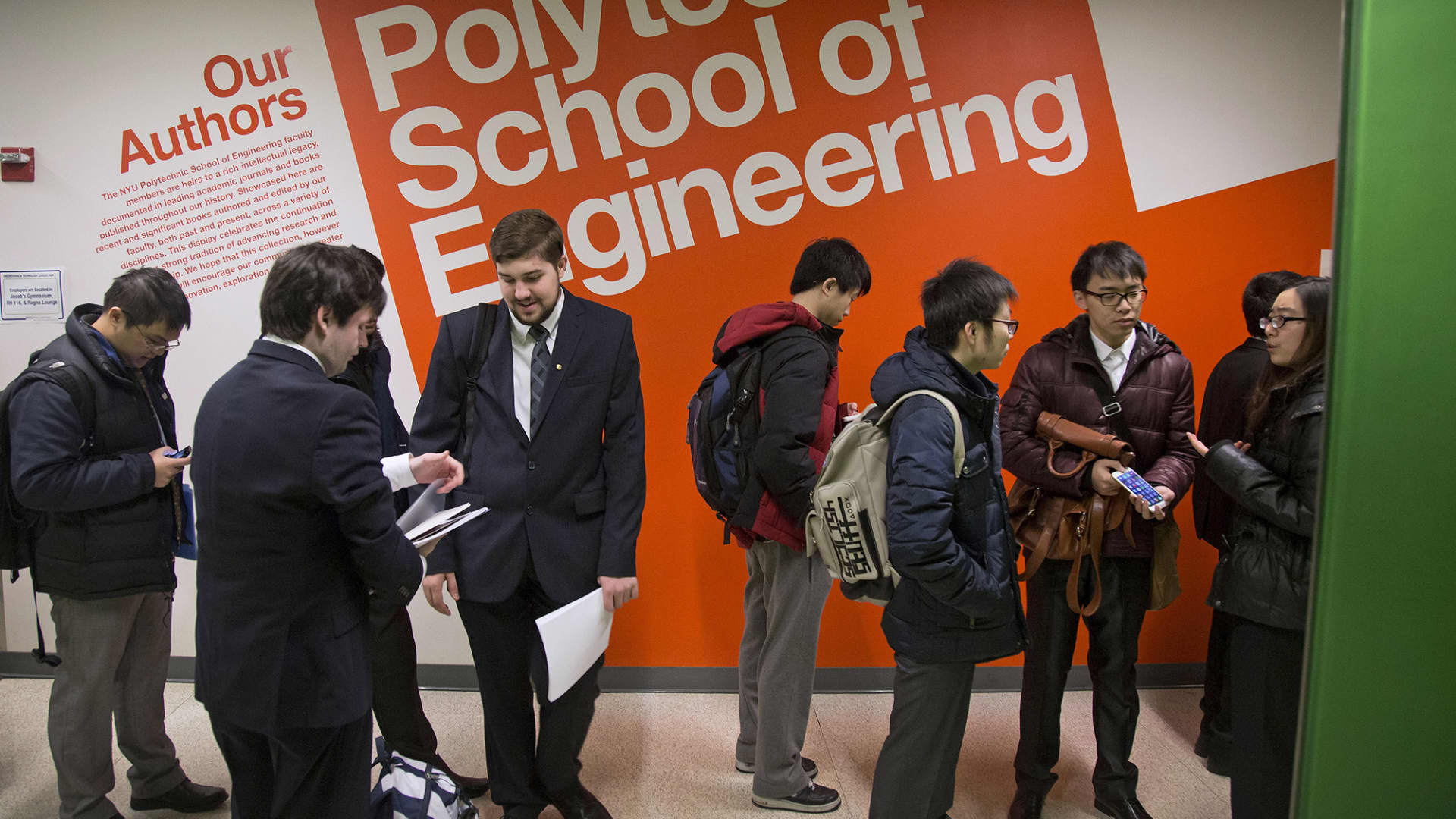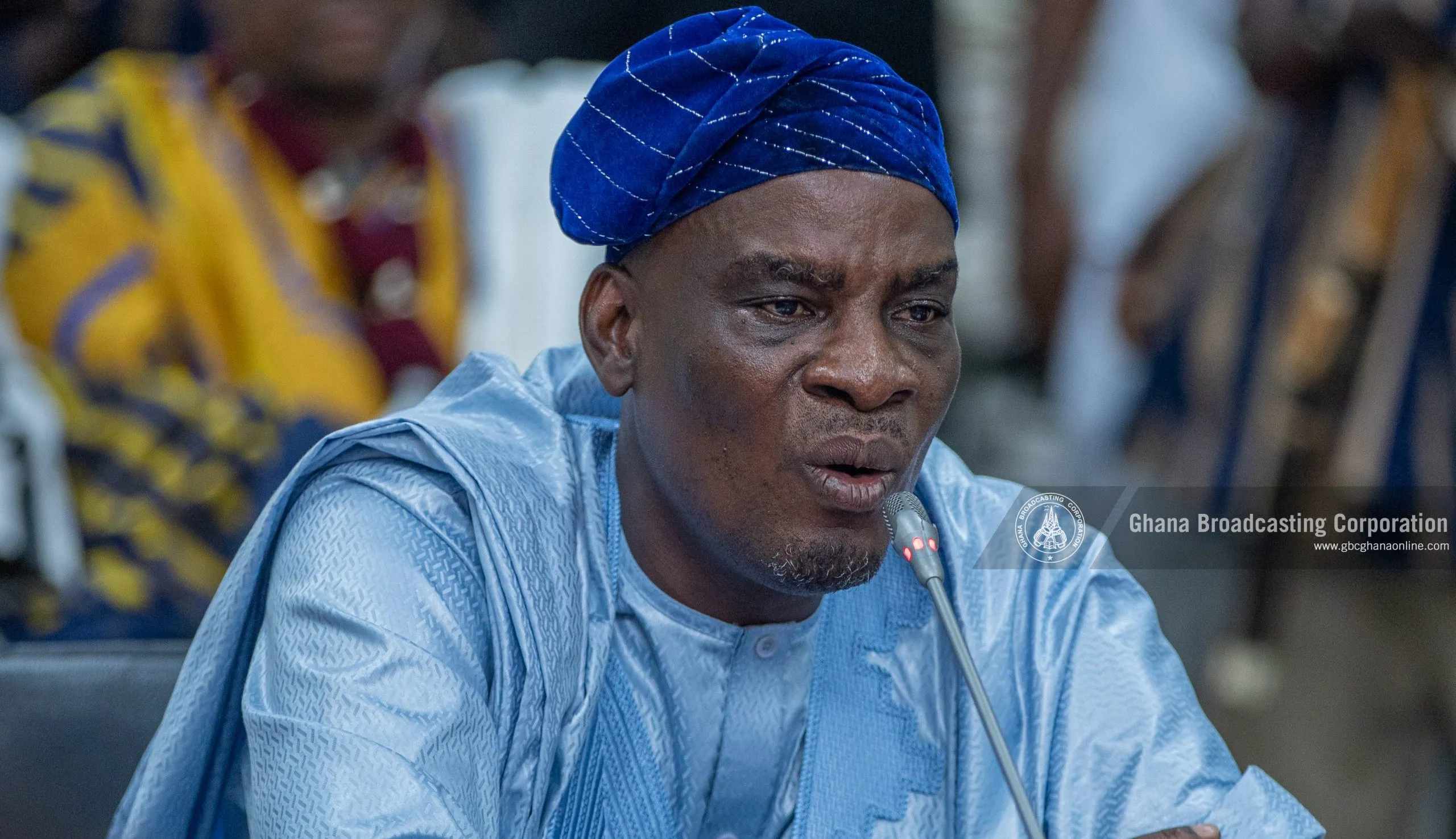Opinion | Harvard, Trump & The $500-Million Settlement: A Fork In The Road For Higher Education
By Griha Atul,News18
Copyright news18

In a dramatic turn of events, U.S. President Donald Trump announced on September 30, 2025, that his administration had reached a tentative $500 million settlement with Harvard University.
This agreement, still pending finalisation, aims to resolve a contentious dispute over allegations of antisemitism on campus and the administration’s subsequent funding cuts. Under the proposed terms, Harvard would invest $500 million into establishing trade schools focused on artificial intelligence (AI), engineering, and other technical fields, while the federal government would restore billions in research funding to the institution.
THE GENESIS OF THE DISPUTE
The conflict traces back to January 2025, when President Trump returned to office and launched investigations into universities nationwide for allegedly tolerating antisemitism during pro-Palestinian protests related to the Israel-Hamas conflict.
Harvard was accused of failing to adequately protect Jewish and Israeli students, leading to the suspension of over $2.6 billion in federal research grants. In response, Harvard filed a lawsuit, and in September 2025, a federal judge ruled that the funding cuts were unlawful, stating that they infringed upon Harvard’s free speech rights.
THE PROPOSED SETTLEMENT: A NEW DIRECTION?
The proposed settlement represents a significant shift in higher education policy. By directing Harvard to invest in vocational training, the administration aims to address the growing demand for skilled labour in fields like AI and engineering. US President Trump emphasised the need for such programmes, stating, “We need people in trades because I remember when I went to school I had some people that weren’t particularly good students.”
However, the settlement has raised concerns among some faculty members and university officials. Harvard Corporation Chair Penny Pritzker expressed uncertainty about the resolution, stating she had “absolutely no idea” how the dispute would resolve. Additionally, some faculty members fear that the settlement could compromise the university’s academic independence and set a concerning precedent for government interference in higher education.
BROADER IMPLICATIONS FOR HIGHER EDUCATION
The Harvard settlement is part of a broader pattern under the Trump administration, which has used funding threats to pressure universities on issues like diversity, equity, and inclusion (DEI) programmes, climate initiatives, and protests against Israel’s actions in Gaza. Rights advocates have criticised these probes for conflating criticism of Israel with antisemitism and ignoring Islamophobia. If completed, the deal could signal a shift in U.S. higher education, blending elite institutions like Harvard with vocational training to address skilled labour shortages and reduce reliance on traditional degrees.
As negotiations continue, the outcome of the Harvard settlement will likely have far-reaching consequences for the future of higher education in the United States. It raises critical questions about the balance between academic freedom and government influence, the role of universities in addressing societal issues, and the evolving landscape of workforce development. The resolution of this dispute may serve as a bellwether for similar conflicts at other institutions and could redefine the relationship between academia and government in the years to come.
Views expressed in the above piece are personal and solely those of the author. They do not necessarily reflect News18’s views.



